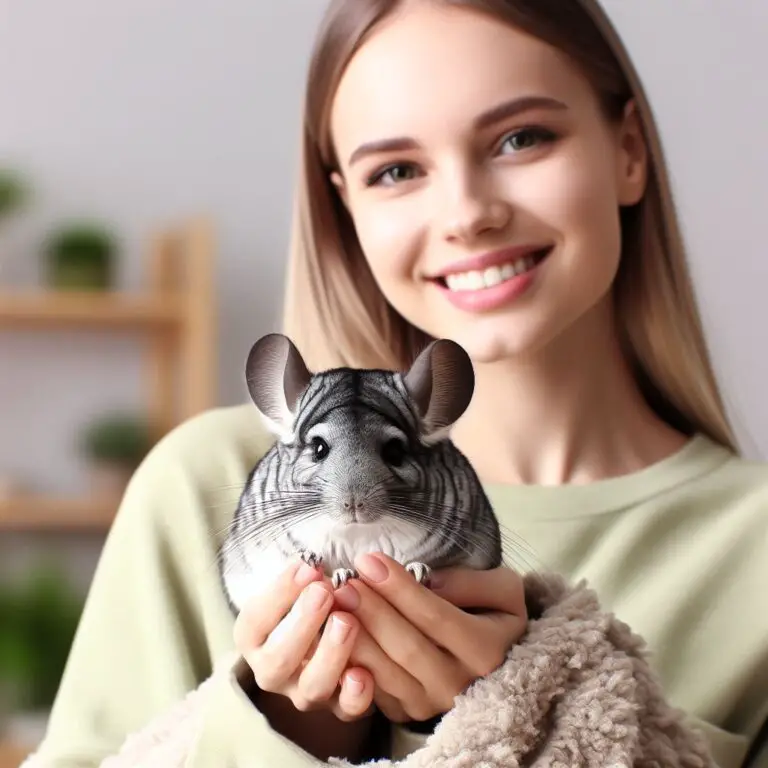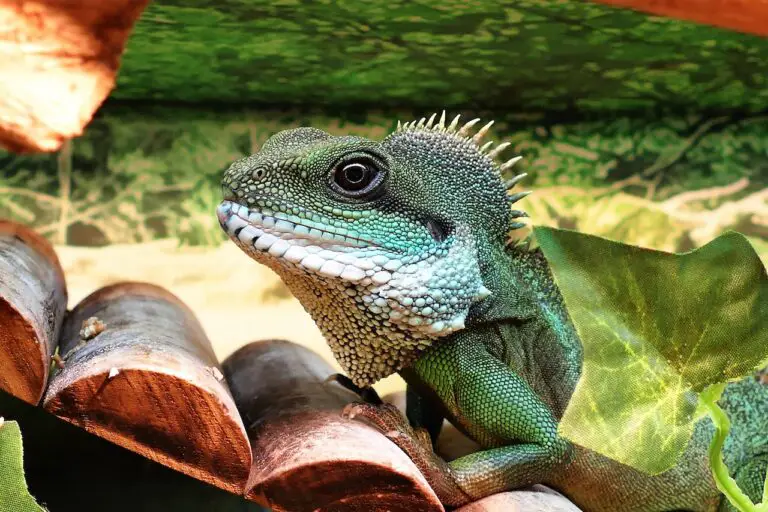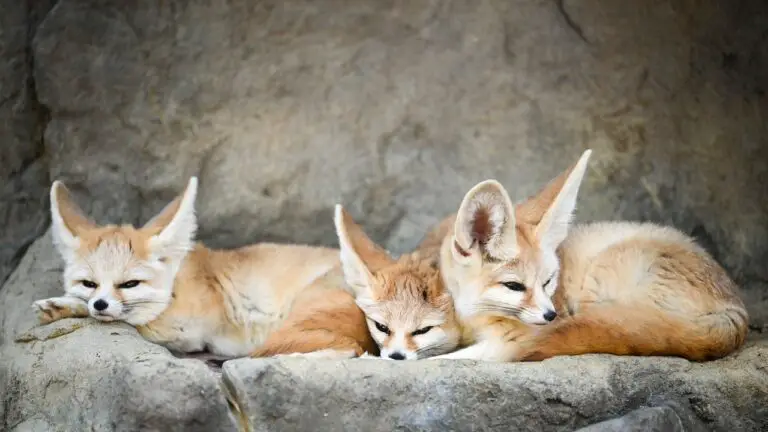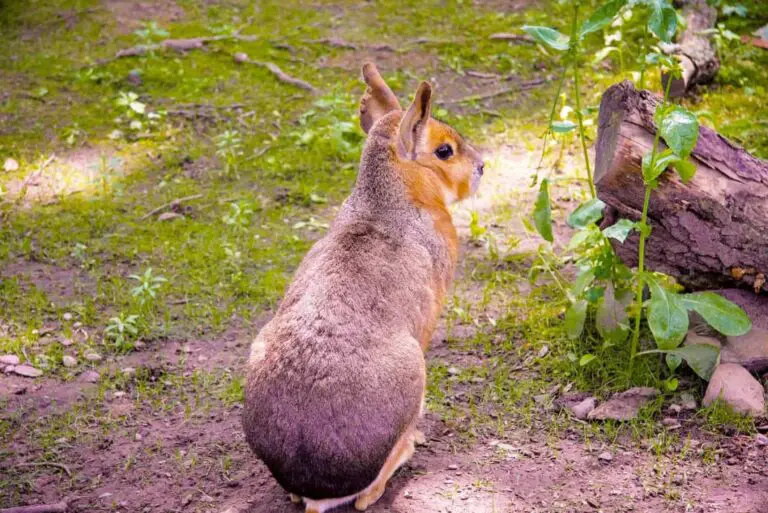Exotic Pets for Children: How to Choose the Right One and More
Are you considering getting an exotic pet for your child?
While it may seem like a fun and unique idea, there are a lot of things to consider before bringing one of these animals into your home.
In this article, we will cover everything you need to know about exotic pets for children.
Key takeaways:
- Exotic pets can be a unique and exciting addition to a family, but they require research and preparation to ensure their well-being.
- It’s important to consider the specific needs and requirements of the animal before acquiring an exotic pet.
- Providing proper care, including a suitable environment and a balanced diet, is essential for the health and happiness of the animal.
- Children can benefit from the responsibility and companionship that comes with owning an exotic pet, but adult supervision and guidance is necessary to ensure their safety and well-being.
- It’s important to be aware of any laws or regulations regarding exotic pets in your area, and to obtain any necessary permits or licenses.
Exotic Pets: What are They?
Exotic pets are non-traditional animals that are not typically kept as pets.
These can include:
- Reptiles
- Birds
- Small mammals
- Insects
While some exotic pets are relatively easy to care for, others require extensive knowledge and experience.
Pros and Cons of Owning an Exotic Pet
Before deciding to get an exotic pet for your child, it’s important to consider both the pros and cons.
Pros
1. Unique and interesting pets
One of the biggest draws of exotic pets is that they are unique and interesting.
They can be great conversation starters and may even help your child stand out among their friends.
2. Educational opportunities
Exotic pets can also provide great educational opportunities for children.
They can learn about different types of animals and their habitats, as well as the responsibility that comes with owning a pet.
3. Bonding experience
Owning an exotic pet can also be a bonding experience for you and your child.
Caring for an animal together can bring you closer and provide a shared interest.
Cons
1. Legal restrictions
Many exotic pets are illegal to own in certain areas, so it’s important to research the laws in your area before deciding on a pet.
Even if a pet is legal, there may be certain requirements you need to meet before owning one.
2. High maintenance
Exotic pets can also be high maintenance, requiring specialized care and equipment.
They may also have specific dietary and environmental needs that must be met.
3. Risk of injury
Finally, exotic pets can pose a risk of injury to both your child and themselves.
Some pets, like reptiles, may carry salmonella or other diseases, while others may have sharp claws or be prone to biting.
Best Exotic Pets for Children
If you’ve decided that an exotic pet is right for your family, there are several great options to choose from.
1. Reptiles
Reptiles are a popular choice for exotic pets, as they are relatively easy to care for and have fascinating behaviors.
Some great options include:
- Bearded dragons – Bearded dragons are docile, friendly, and relatively easy to care for. They require a large terrarium with a basking area and UV lighting, as well as a diet of live insects and vegetables.
- Leopard geckos – Leopard geckos are small and easy to handle, making them a great choice for children. They also don’t require as much space as other reptiles and are relatively low maintenance. They eat a diet of live insects and don’t require UV lighting.
- Corn snakes – Corn snakes are docile and easy to handle, making them a great choice for children. They require a terrarium with hiding places and a heat source, as well as a diet of frozen mice.
2. Birds
Birds can be great pets for children, as they are social and can be very interactive.
Some great options include:
- Parakeets – Parakeets are small and relatively low maintenance. They require a cage with plenty of room to fly, as well as a diet of seeds, fruits, and vegetables.
- Cockatiels – Cockatiels are very social and can be great companions for children. They require a large cage with plenty of toys and perches, as well as a diet of seeds, fruits, and vegetables.
- Canaries – Canaries are known for their beautiful singing and can be great pets for children who enjoy music. They require a cage with plenty of room to fly, as well as a diet of seeds, fruits, and vegetables.
Small mammals
Small mammals can also make great pets for children, as they are often very social and can be easy to handle.
Here are some great options, such as:
- Hedgehogs – Hedgehogs are small and relatively low maintenance. They require a cage with plenty of room to run and play, as well as a diet of insects and cat food.
- Guinea pigs – Guinea pigs are social and can be great companions for children. They require a cage with plenty of room to run and play, as well as a diet of hay, vegetables, and pellets.
- Chinchillas – Chinchillas are active and playful, making them great pets for children who enjoy watching animals play. They require a cage with plenty of room to run and play, as well as a diet of hay, pellets, and occasional treats.
Choosing the Right Pet for Your Child
When choosing an exotic pet for your child, it’s important to consider their age, maturity level, and interests.
You should also consider the amount of time and effort you are willing to put into caring for the animal.
It’s also important to research the specific needs of the animal you are considering to ensure that you can provide a suitable environment.
Caring for exotic pets
Caring for an exotic pet can be very different from caring for a traditional pet like a dog or cat.
You will need to research the specific needs of your pet and provide a suitable environment, diet, and veterinary care.
1. Housing
The housing requirements for exotic pets can vary greatly depending on the animal.
You may need to provide a terrarium, cage, or enclosure that meets specific size and environmental requirements.
You will also need to provide suitable bedding, hiding places, and other accessories.
2. Feeding
Exotic pets often require specialized diets that may include live insects, fruits, vegetables, or other specific foods.
It’s important to research the specific dietary needs of your pet and ensure that you are providing a balanced and nutritious diet.
3. Health and veterinary care
Exotic pets may require specialized veterinary care, so it’s important to find a veterinarian who is experienced with your type of pet.
You should also be aware of common health problems and symptoms to watch for, and provide regular check-ups and preventative care.
Conclusion
Exotic pets can be a fun and unique addition to your family, but they require careful consideration and research before bringing one into your home.
By choosing the right pet for your child and providing proper care, you can create a rewarding and educational experience for both you and your child.
Remember to always prioritize the well-being of the animal and provide a suitable environment for them to thrive.
FAQs
Are exotic pets safe for children?
Some exotic pets can be safe for children, but it’s important to research the specific needs of the animal and provide proper care to ensure their safety.
What are some common health problems for exotic pets?
Common health problems for exotic pets can vary depending on the animal, but some may include respiratory infections, metabolic bone disease, and parasites.
Do exotic pets require special permits or licenses?
Some exotic pets may require special permits or licenses, depending on the species and where you live.
It’s important to research the laws and regulations in your area before acquiring an exotic pet.
Can exotic pets be trained like traditional pets?
It depends on the species of exotic pet, but some may be able to be trained to a certain extent.
However, it’s important to always prioritize the well-being of the animal and ensure that any training methods used are humane.
How can I ensure that my child is responsible for caring for their exotic pet?
It’s important to set clear expectations and guidelines for your child before acquiring an exotic pet, and to supervise their care and provide guidance as needed.
It’s also important to be prepared to take on the primary responsibility for caring for the animal if necessary.
Peter Stones is the founder of Exotic Pets Place, the leading online resource for exotic pet care information.
With over 10 years of hands-on exotic pet ownership experience, he is deeply passionate about sharing his expertise to help others properly care for their unusual pets.
When he's not writing extensively researched articles or connecting with fellow exotic pet enthusiasts worldwide, you can find Peter at home tending to his own beloved menagerie of exotic animals.







